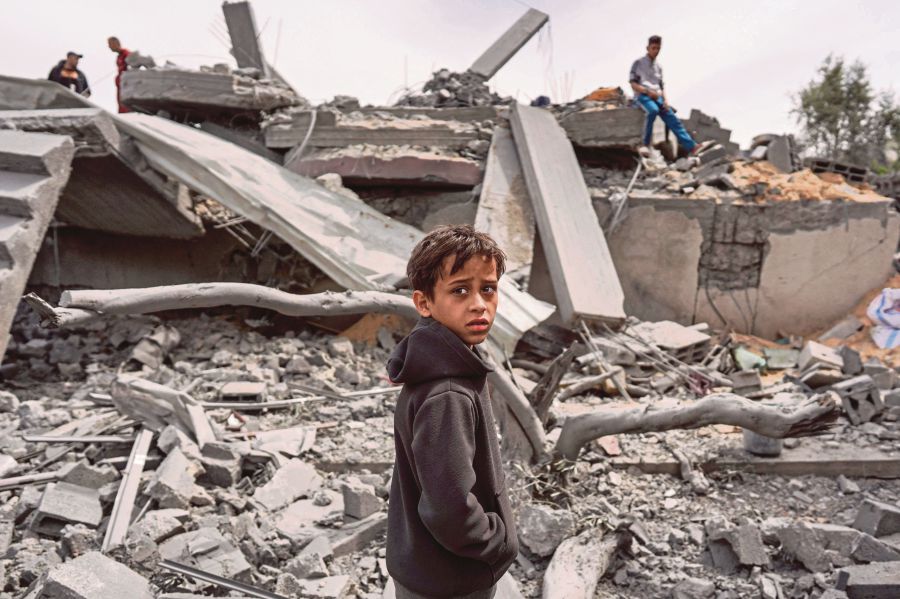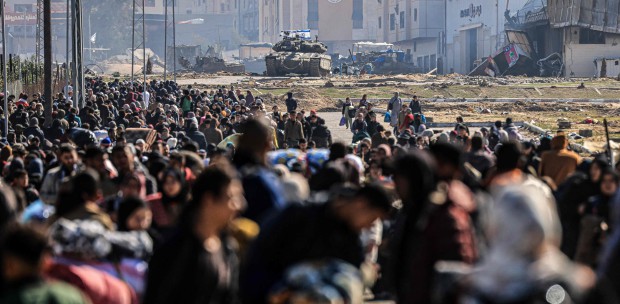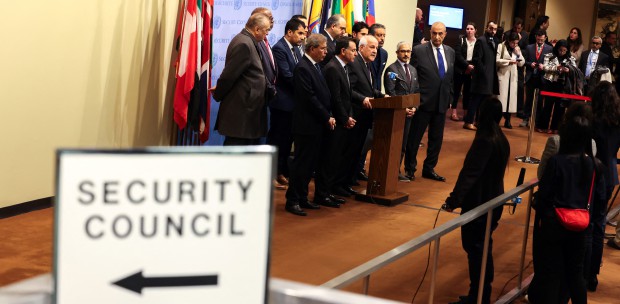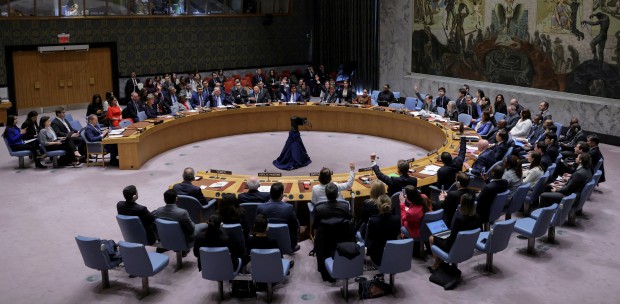THE world rejoiced at the adoption of Resolution 2728 on a Gaza ceasefire by the United Nations Security Council. But Israel has refused to comply with the resolution.
It has said that it will continue with military action until all hostages are returned. There are also claims that the resolution is not binding on Israel, thereby giving it the licence to continue the killings in Gaza.
It is obvious that Israel refuses to recognise the legitimacy of the council and the International Court of Justice (ICJ) rules-based mechanisms.
Israel has not complied with any resolutions adopted by the council. It ignores the recent ruling of the ICJ to stop military attacks and the legal duty on the provision of humanitarian aid for Palestinians in Gaza.
The UN Charter empowers the council to decide on measures to maintain or restore international peace and security (under articles 41 or 42 of Chapter VII).
Collective sanction is allowed under Article 41, which may include complete or partial interruption of economic relations and of rail, sea, air, postal, telegraphic, radio and other means of communication, and the severance of diplomatic relations.
In addition, the council may use an arms embargo to reduce the availability of weapons and thus force a peaceful solution. The council has several committees to monitor the effects of sanctions.
The next option is Article 42, which is more drastic and involves military action.
This can be implemented if the council considers measures in Article 41 are inadequate.
It may conduct this action by air, sea or land.
These actions may include demonstrations and blockades.
The adoption of Resolution 2728 is a positive step as it allows the council to advance legal options to ensure Israel commits to a permanent ceasefire in Gaza.
The international community must continue to push for Israel's adherence to a permanent ceasefire, and must exert pressure in the General Assembly.
If Israel refuses to observe the ceasefire, the council can begin the imposition of collective sanctions.
What happens next will mainly depend on political will.
Member states must play their role to end the massacre in Palestine. We have witnessed pressure by the international community to put an end to Israel's genocidal actions.
For instance, the genocide case against Israel at the ICJ, the large number of states participating in the oral hearing on the ICJ Advisory Opinion on the legality of the occupation and the policies and practices of Israelis in
the occupied Palestinian territories.
And a report titled "Anatomy of Genocide" by the UN special rapporteur on human rights in the occupied Palestinian territories, Francesca Albanese, has had a great impact.
In conclusion, the adoption of Resolution 2728 is a significant milestone in the pursuit of justice and an end to genocide against Palestinians.
However, the realisation of this hope hinges on the willingness of the five permanent members of the council to follow the conscience of the global community and unite to ensure Israel complies.
It is imperative that nations uphold the principles of justice and protect the rights of all people, ensuring a future free from oppression and violence.
The writer is professor at the Faculty of Law, Universiti Teknologi Mara and co-chairman, legal team, My AQSA Foundation





